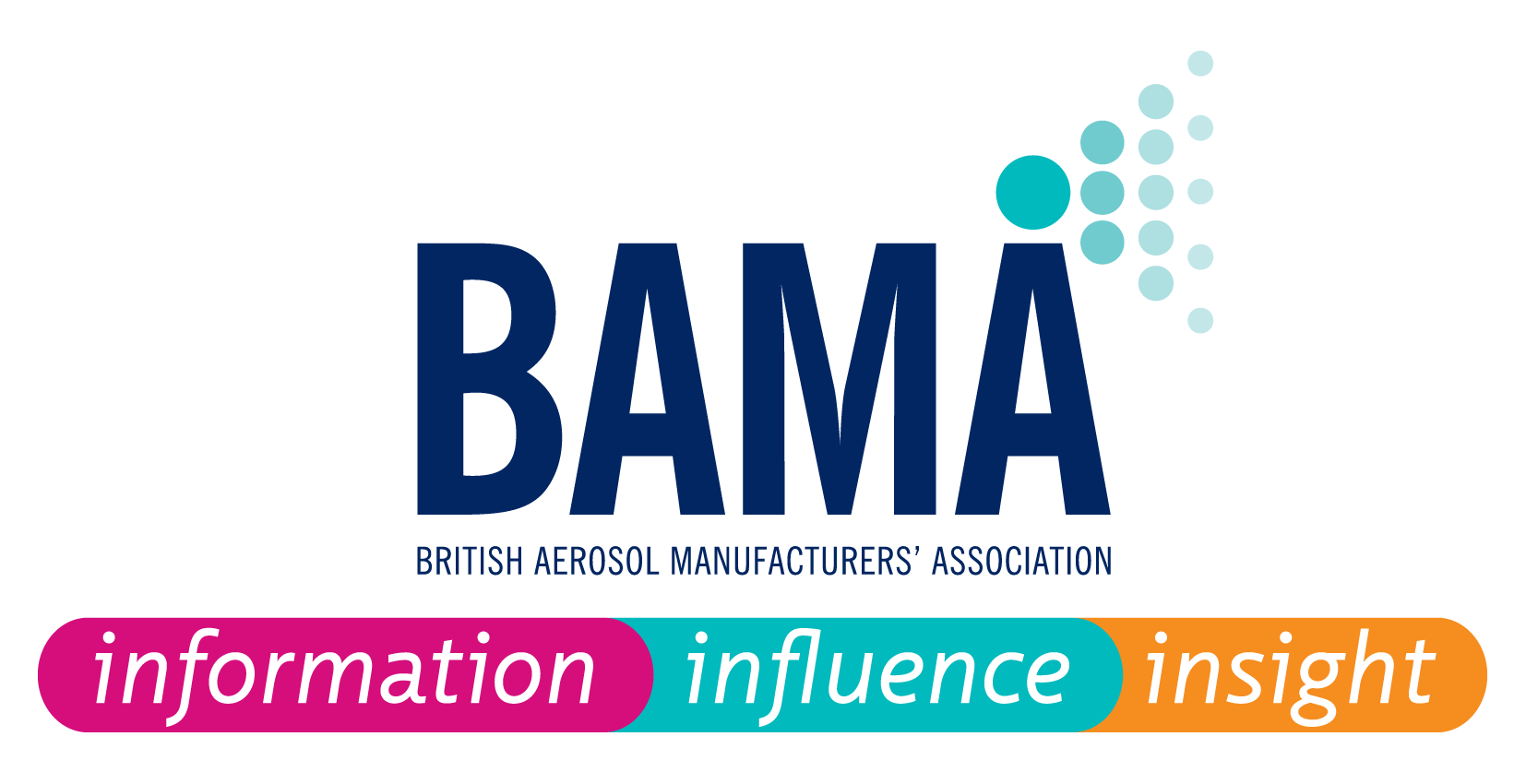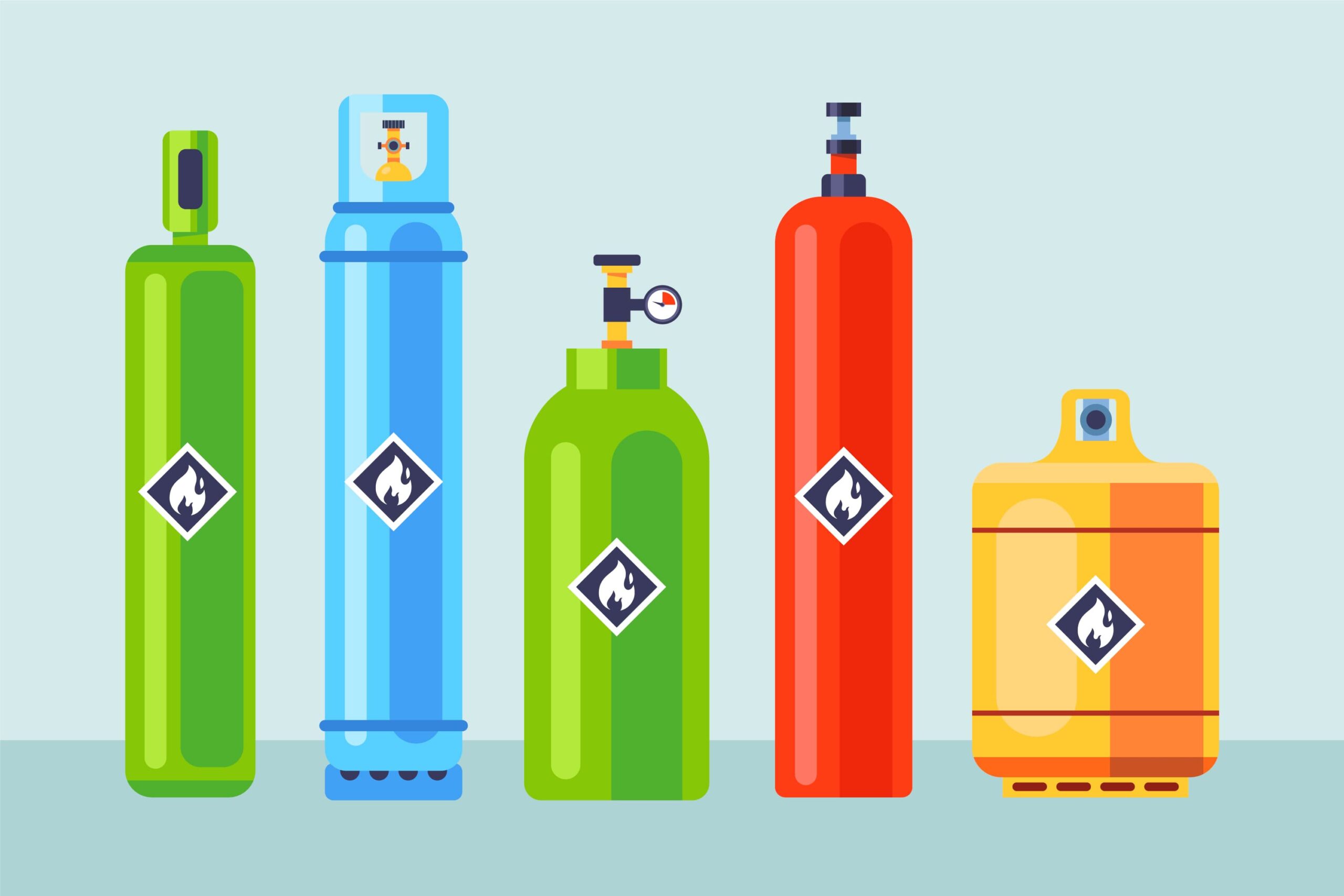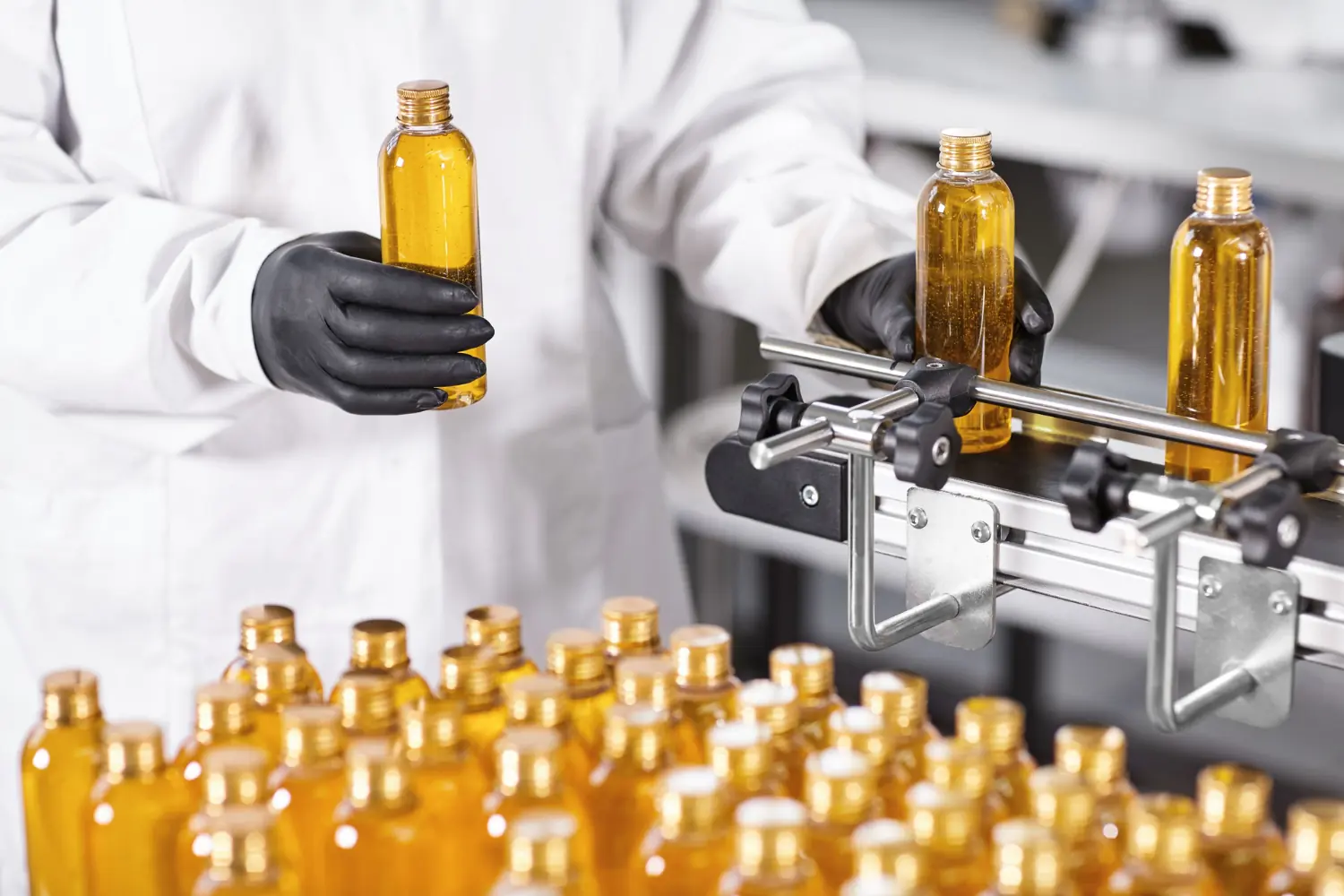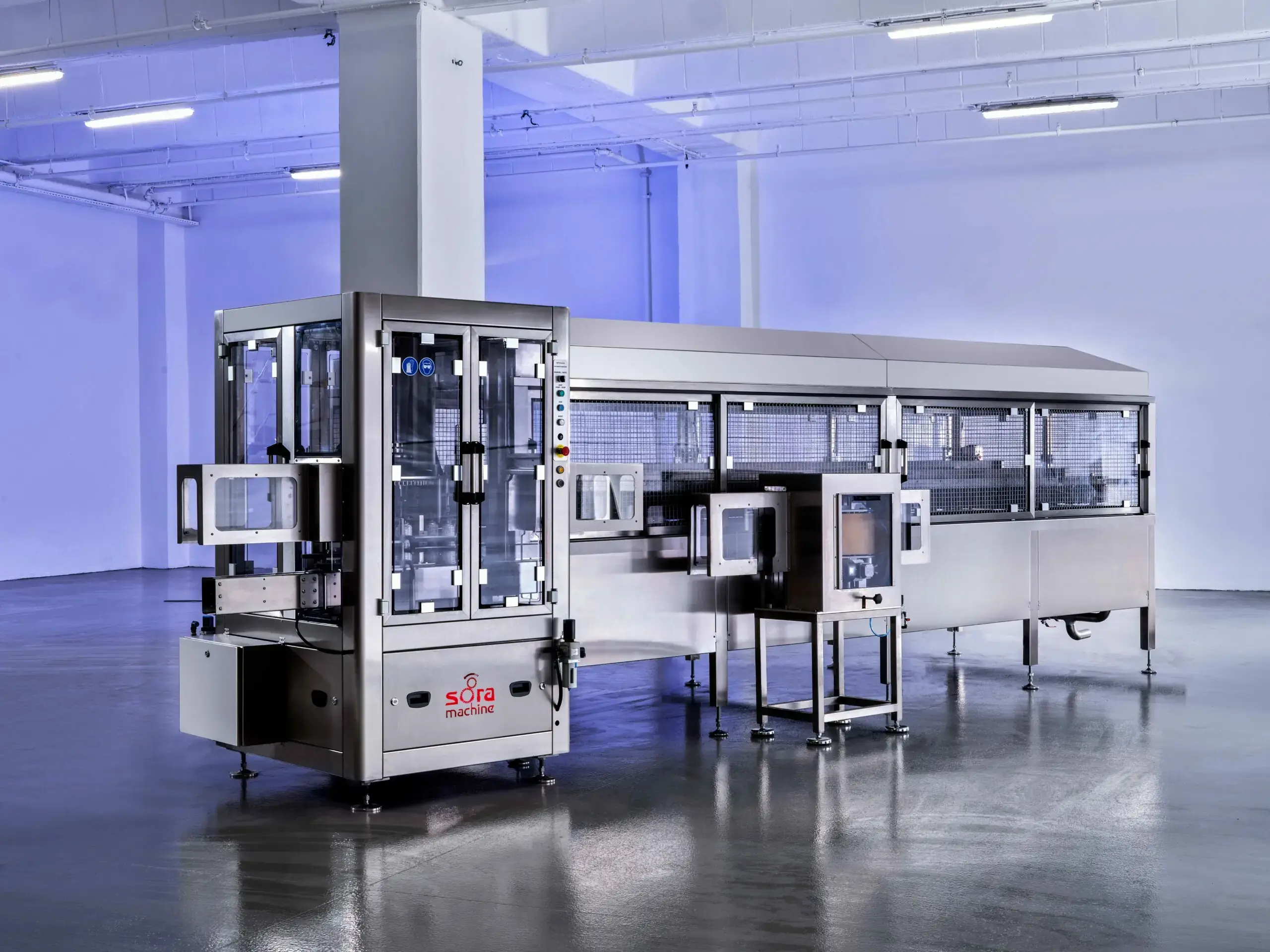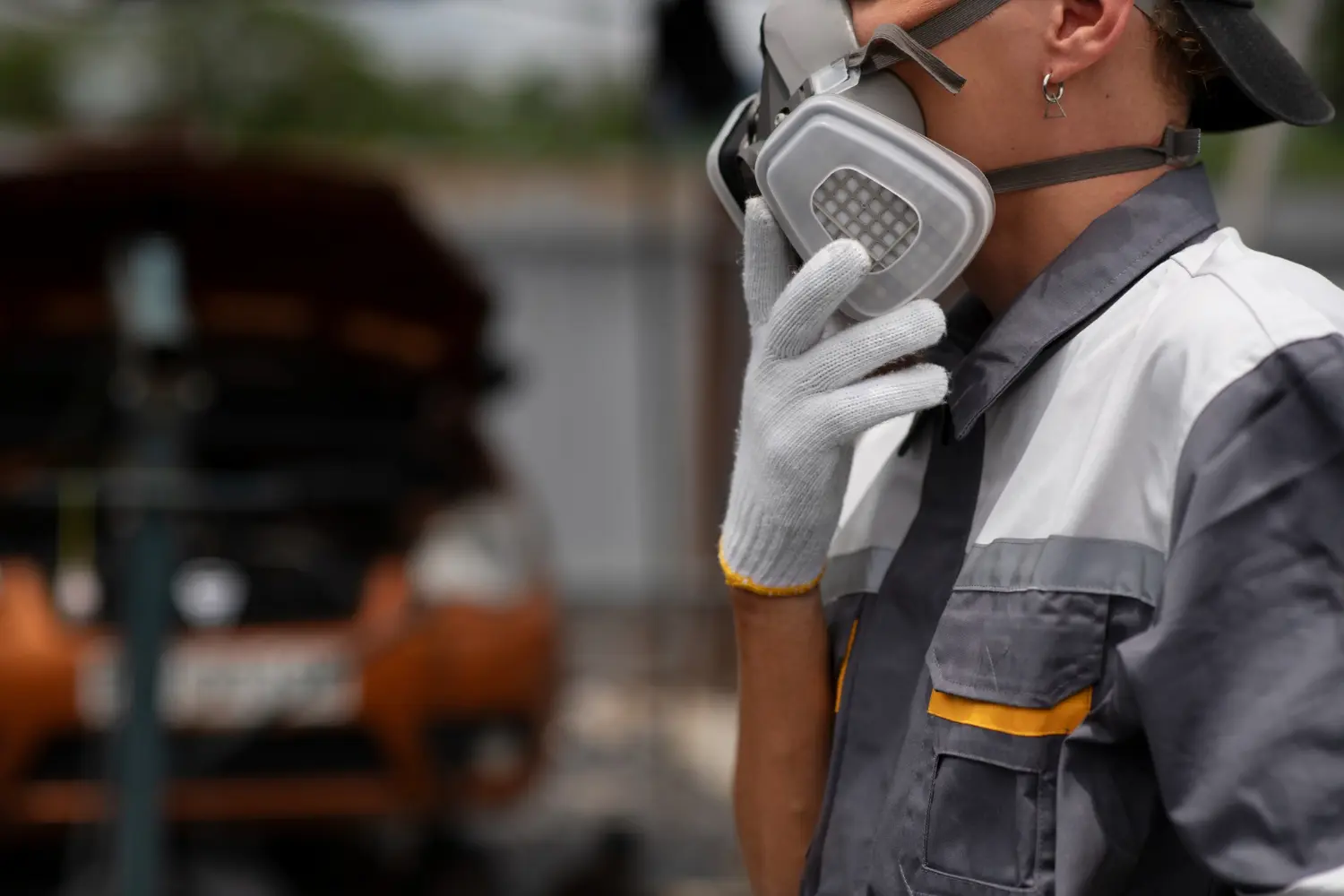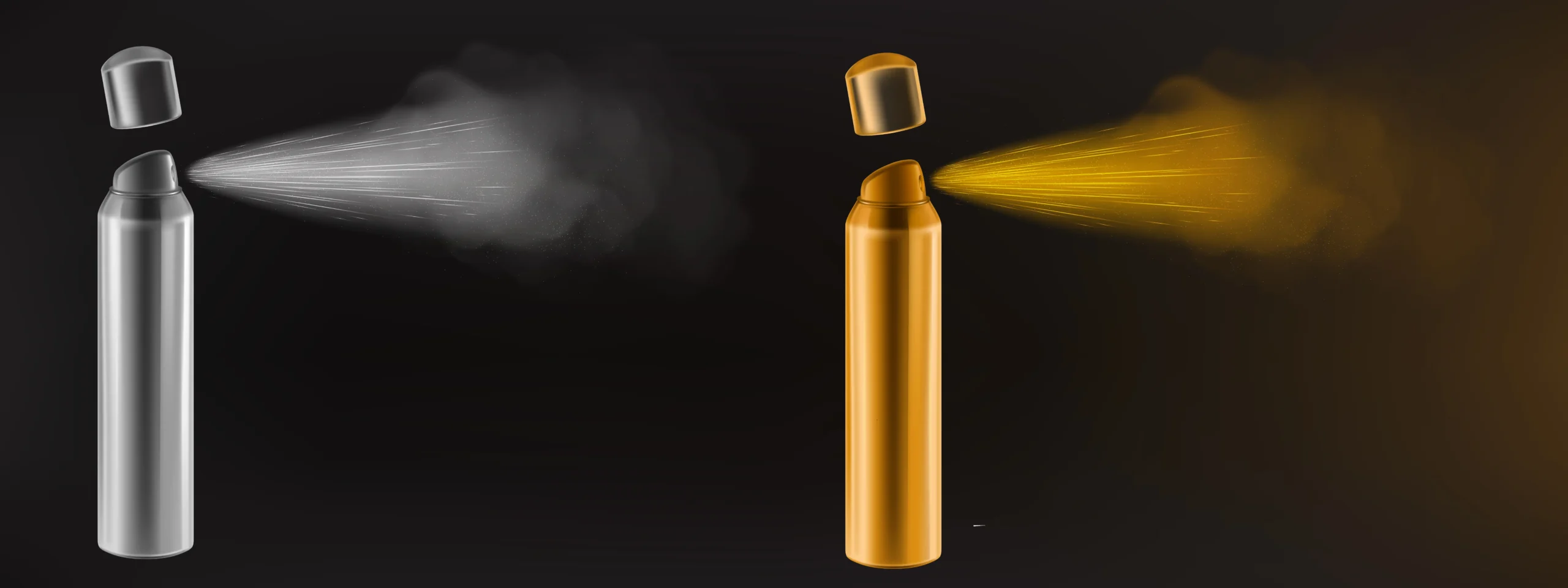The British Aerosol Manufacturers’ Association (BAMA) held its annual Forum and Awards in October, at Carden Park Hotel in bucolic Cheshire. The event was well-attended and the programme was replete with informative, engaging and thought-provoking presentations. World Aerosols’ Tom Daldry reports
The first presentation was delivered by Amy Gillingham, PR manager at Alupro, who spoke about the UK Aerosol Recycling Initiative (ARI). It officially launched in September, after about 18 months of work.
The ARI was formed because approximately 600 million units of aerosol products are sold each year in the UK, and about 500 million are consumed within the home. However, an annual recycling tracker survey consistently reports UK consumers finding aerosols “the most confusing item” to recycle – so consumer engagement is necessary.
Gillingham observed that consumers are more likely to dispose of an empty aerosol in black bin waste, despite 90% of UK households having access to recycling. She added that, due to the introduction of the UK-wide deposit return scheme that is
coming in 2024, the recycling of aerosols is more important than ever. This is because a huge proportion of used drinks cans that “dilute the mixture of less easy-to- sort materials (like aerosols) will mostly be removed from kerbside systems, changing the mix of materials and leaving more difficult-to-sort products behind.
Currently, there is no accurate baseline for the “smaller formats of metal packaging that are being recycled in the UK, and this is really key”. To retain low-modulated fees, the actual recycling rate for each format needs to be known, to prove the recyclability of aerosols under any system.
Gillingham said we need to undertake sampling compositional analysis to know how many aerosols are currently being recycled, and improve this number through consumer engagement.
Alupro undertook a sampling study toaddress the lack of accurate baseline data with Resource Futures. It looked at 25 different local authorities with different collections systems and demographics. The study showed the average capture rate of steel aerosols was 46% and aluminium 42%. This will have a direct impact on modulated fees on each individual unit because modulated fees are based on the recyclability of those aerosols. The figures also give Alupro a lobbying point because “we now know that aerosol capture rates are far higher than anticipated [1-2%]”.
